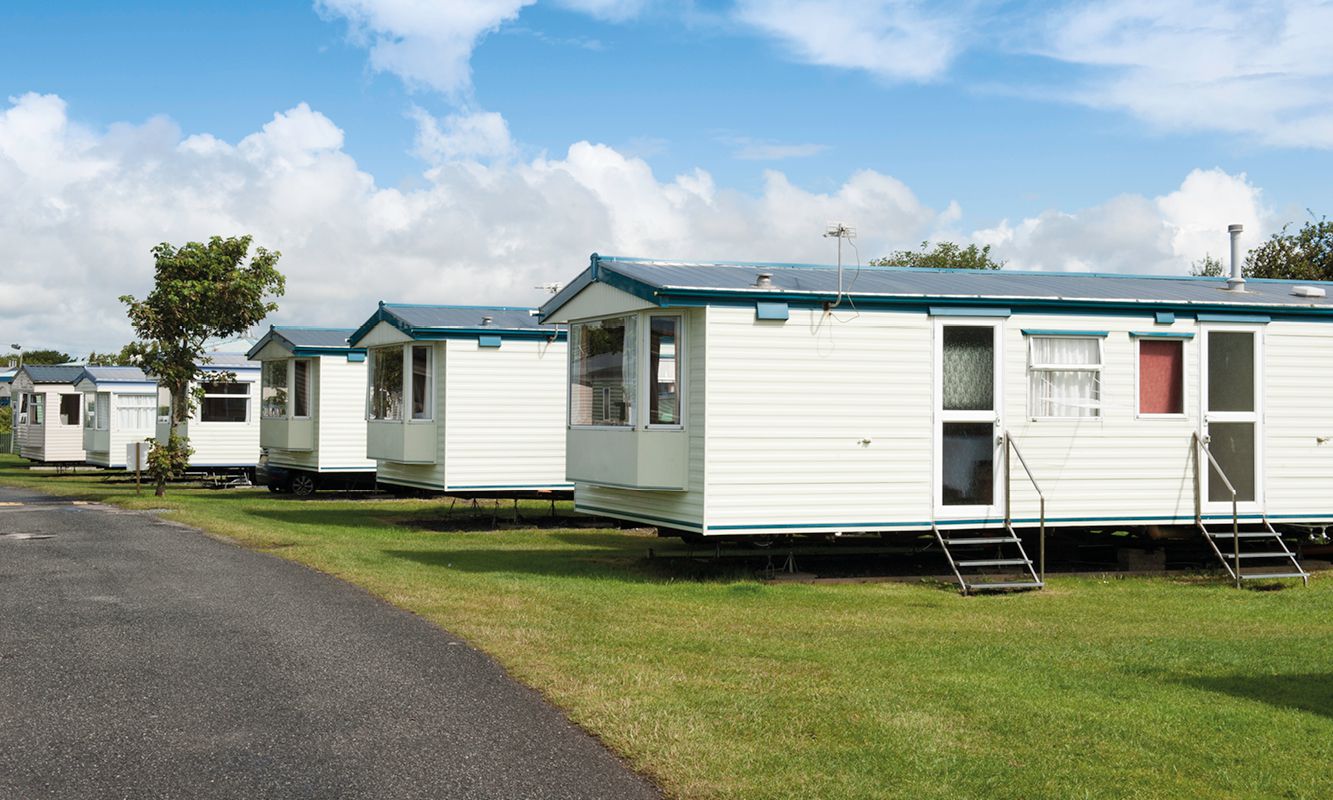Queensland Law Society (QLS) has backed proposed changes to the Manufactured Homes (Residential Parks) Act 2003 (Qld) to help create a fairer system for home owners and park owners, with one important adjustment.
A review of the Act by the Department of Communities, Housing and Digital Economy was prompted by concerns about the regulation of site rent increases and sale of manufactured homes in residential parks. Such parks, where a home owner rents the land on which the home sits, are becoming a popular alternative to retirement villages for Queensland seniors.
In its submission to the Manufactured Homes Review, QLS reviewed the department’s Consultation Regulatory Impact Statement (C-RIS), recommending that park owners be required to disclose the profit component of site rent.
It pointed to the differences in business disclosure requirements between retirement villages and residential parks.
“In the current regulatory environment, villages are required to disclose to prospective residents the profits they will earn from the resident (i.e. the quantum of the exit fees and the village’s capital gain share),” it said.
“That profit component is locked in at the time when the resident enters the village and cannot change during the term of the residence.
“However, parks are not required to disclose to prospective home owners the extent to which the site rent constitutes profit for the park owner. The park owner is free to increase the profit component during the course of a home owner’s time in the park via site rent increases.
“In our view, park owners should be required to disclose what percentage of the site rent constitutes profit … Further, consideration should be given to that proportion being fixed for the duration of each home owner’s time in the park.”
In June last year, the department published an issues paper seeking feedback on residential parks. It also surveyed home owners living in parks, collected publicly available data and conducted an economic analysis of the parks.
The resultant C-RIS listed two core problems: unsustainable and unpredictable site rent increases; and delays in selling. It identified six causes:
- difficulty for consumers in making informed choices when entering a residential park;
- complexities and inefficiencies with the assignment process;
- lack of fairness and equity associated with site rent increases;
- imbalances in market power, consumer knowledge and expertise;
- limited incentives to sell pre-owned manufactured homes; and
- difficulty for home owners to easily exit a park when conditions changed
The society supported options proposed in the C-RIS including:
- prohibiting market rent reviews, including those for existing site agreements;
- limiting general site rent increases to CPI or a fixed percentage, with higher increased deemed “special increases” requiring approval by home owners or QCAT;
- requiring park owners to develop and maintain a residential park comparison document for prospective home owners;
- requiring a new site agreement for a buyer of a pre-owned manufactured home;
- implementing an owner registration system for manufactured homes; and
- allowing home owners to sell their homes on site, rather than requiring vacant possession, where their site agreement has been terminated by QCAT.
Targeted at the over-50s market, “lifestyle villages” of manufactured homes are becoming popular in Queensland due to factors such as the relative affordability of homes, their low maintenance and their location, as well as the availability of on-site community facilities and services.
Submissions to the Manufactured Homes Review closed on 26 June.







Share this article